A356 Aluminum Alloy
LK Die Casting Machine / 2024-08-30 15:21:38
2024-08-30 by Cherry
A356 aluminum alloy: a key material in modern manufacturing
Introduction
In modern manufacturing, the choice of materials directly
affects the performance, quality, and cost of products.
A356 aluminum alloy has become one of the indispensable
materials in industrial production due to its excellent
mechanical properties and casting properties.
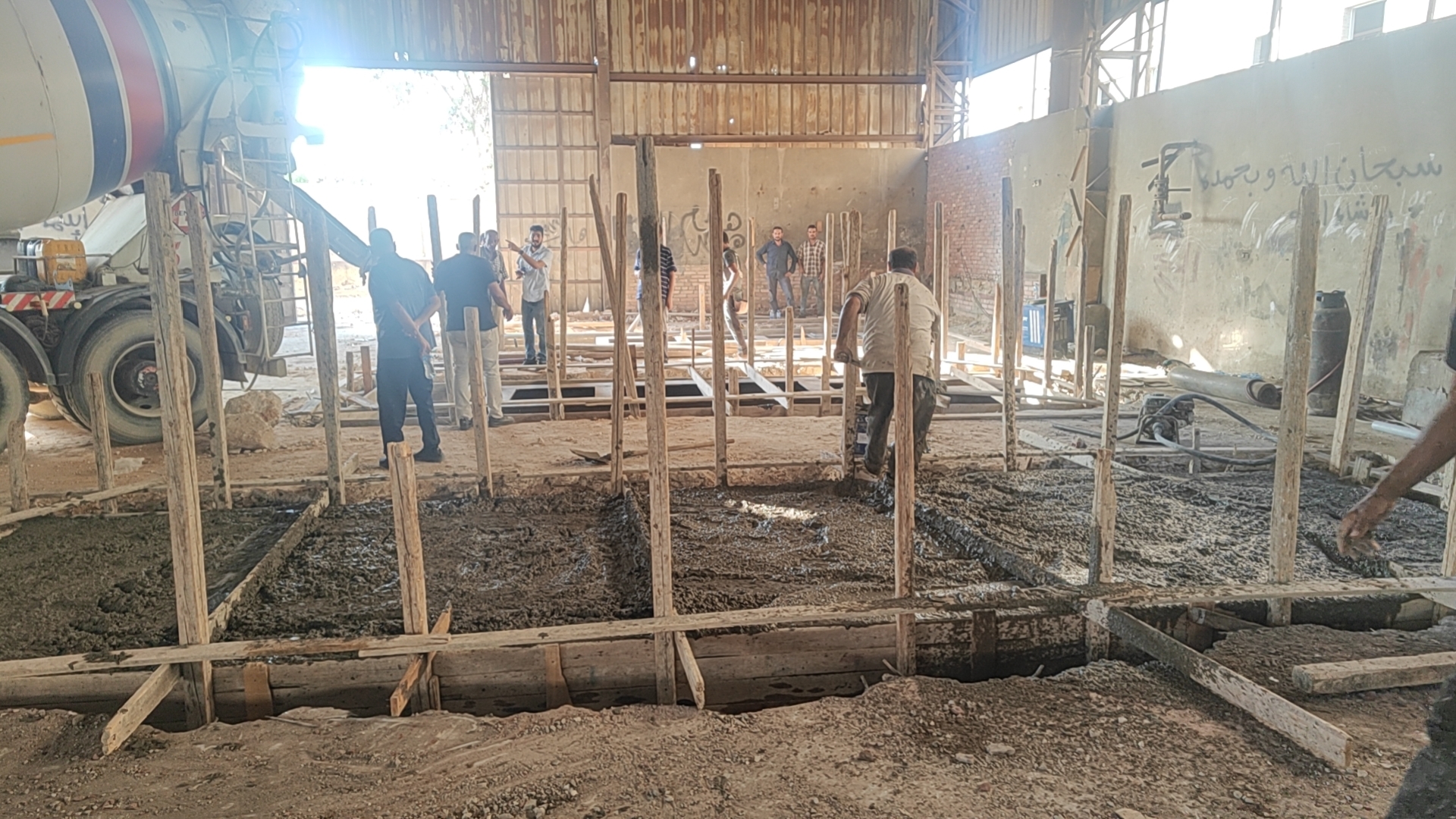
Whether in the automotive industry, aerospace, or consumer
electronics, A356 aluminum alloy plays a vital role.
In this article, we will take a deep look at the composition,
characteristics, application areas, and use of A356 aluminum
alloy in die-casting machines to help you understand
this material more comprehensively.
1. Rheocasting technology: A356 aluminum alloy is suitable for
rheocasting technology. By optimizing process parameters,
such as boost pressure and mold temperature, the tensile
strength and elongation of the specimen can be significantly
improved1.
2. Numerical simulation study: The rheocasting filling process
of semi-solid A356 aluminum alloy was numerically simulated,
and the effects of factors such as shot pressure, slurry
flow rate, and temperature on the filling process were studied.
3. Mechanical properties study: Through orthogonal experiments of
rheological die-casting process, the effects of different parameters
on the mechanical properties of A356 aluminum alloy die castings
were studied, and the optimal process parameters were determined
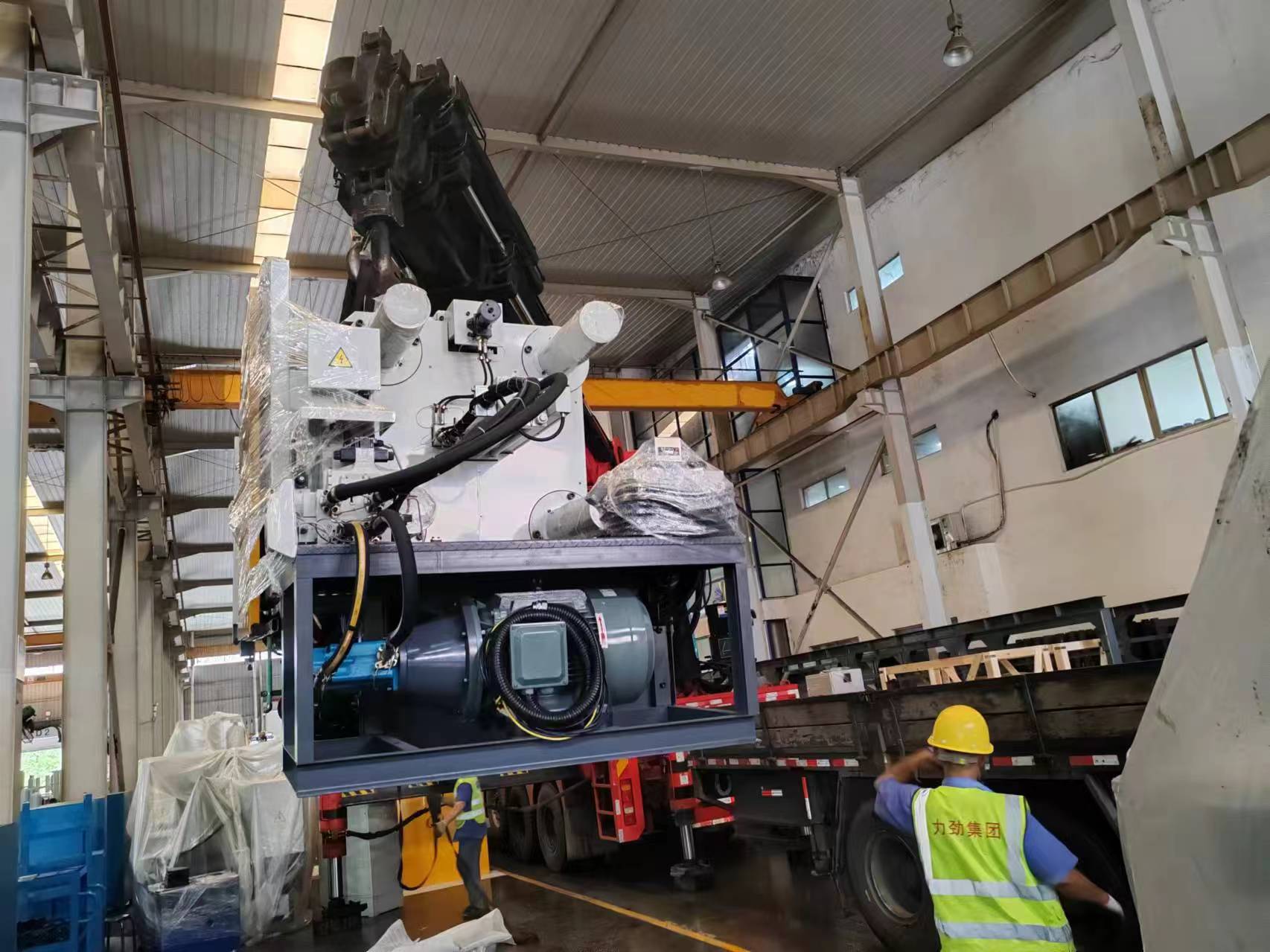
Composition and characteristics of A356 aluminum alloy
A356 aluminum alloy is an aluminum-silicon alloy, the main
components include aluminum, silicon, and magnesium.
The unique formula of this alloy makes it excel in strength,
toughness, and casting performance. A356 aluminum alloy occupies
an important position in the die-casting process due to its
unique chemical composition and good performance.
Its main components include silicon, magnesium, and iron,
copper, manganese, zinc, and titanium strictly controlled within
a lower threshold, ensuring high purity and performance
consistency.
A detailed analysis of the main components is as follows:
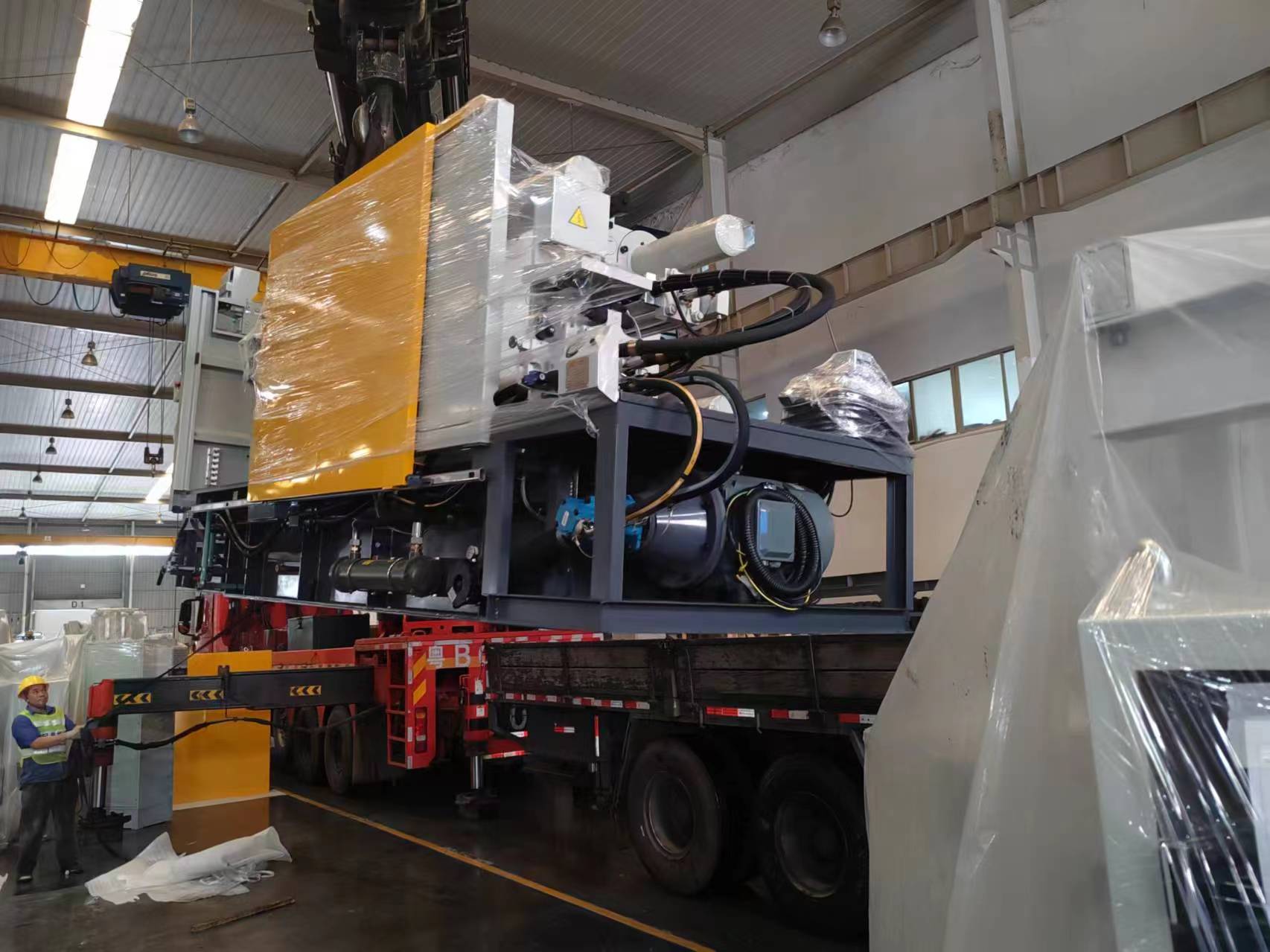
Main components:
1. Aluminum (Al): matrix material, giving the alloy lightweight
characteristics and excellent corrosion resistance.
2. Silicon (Si): The content is about 7%, which improves
the casting performance and fluidity of the alloy while
reducing the melting point.
3. Magnesium (Mg): The content is about 0.3%, which increases
the strength and hardness of the alloy.
Physical properties:
1. Density: 2.68 g/cm³, the lower density makes it ideal
for lightweight applications.
2. Melting point: 570-580°C, suitable for a variety of
casting processes, including sand casting and die casting.
3. Thermal conductivity: The high thermal conductivity makes
it is widely used in radiators and electronic component housings.
Mechanical properties:
1. Tensile strength: 205-245 MPa, which can be significantly
improved after heat treatment.
2. Yield strength: 150 MPa, indicating its durability under load.
3. Ductility: It can maintain good ductility under a variety of
casting processes.
Casting properties of A356 aluminum alloy
A356 aluminum alloy is known for its excellent casting properties,
especially for the production of parts with complex shapes.
Here are some of the key advantages it exhibits during the
casting process:
1. Good fluidity: Due to its high silicon content, A356
aluminum alloy has good fluidity in the molten state and
is suitable for filling molds with complex geometries.
A. Rheocasting technology: A356 aluminum alloy is suitable
for rheocasting technology, and by optimizing the process
parameters, such as boost pressure and mold temperature,
the tensile strength and elongation of the specimen
can be significantly improved1.
B. Numerical simulation study: The rheocasting filling
process of semi-solid A356 aluminum alloy was numerically
simulated, and the effects of factors such as shot pressure,
slurry flow rate, and temperature in the filling process
were studied.
C. Mechanical properties study: Through orthogonal experiments
of the rheocasting process, the effects of different parameters
on the mechanical properties of A356 aluminum alloy die castings
were studied, and the optimal process parameters were determined
2. Small solidification shrinkage: A356 aluminum alloy has a
low shrinkage rate during solidification, which reduces defects
in castings, such as shrinkage cavities and cracks.
3. Good air tightness: Under proper process control, A356 aluminum
alloy castings usually have excellent air tightness and are
suitable for parts that require high sealing performance,
such as engine cylinders.
4. Strong heat treatment responsiveness: A356 aluminum alloy
can significantly improve its mechanical properties through
heat treatment, such as T6 treatment, making it more suitable
for applications with high strength requirements.
Application of A356 aluminum alloy in die casting machine
Die casting machine is a kind of equipment commonly used for
mass production of precision aluminum alloy parts, and A356
aluminum alloy has been widely used in this field.
It's excellent casting performance and mechanical properties
make it an ideal material for die casting machine process.
1. Mold design and optimization: In the die-casting process,
the good fluidity of A356 aluminum alloy makes it suitable
for the design of complex molds.
This alloy can accurately fill every detail of the mold,
thereby producing high-precision parts.
2. Production efficiency: Due to the low melting point and
fast solidification speed of A356 aluminum alloy, die-casting
machines can produce parts at a higher speed.
This significantly improves production efficiency in mass
production
Product quality: The low shrinkage and high air tightness
of A356 aluminum alloy in the die-casting process make the
final product has higher dimensional stability and surface
quality, reducing the need for subsequent processing.
Application example: In the automotive industry, A356 aluminum
alloy is often used to manufacture engine parts, gearbox
housings and suspension system components, all of which
require high strength and low weight.
The heat treatment process of A356 aluminum alloy
To further improve the mechanical properties of A356
aluminum alloy, it is often necessary to heat treat it.
Here are some common heat treatment methods and their effects:
T6 treatment:
1. Process: It includes solution treatment, quenching, and aging
treatment. First, solution treatment is carried out at about
540°C, followed by rapid quenching, and finally aging treatment
is carried out at 155-165°C.
2. Effect: T6 treatment significantly improves the tensile strength
and yield strength of A356 aluminum alloy, making it more suitable
for high-load applications.
T5 treatment:
1. Process: Artificial aging treatment is carried out directly
after die casting, usually at 175-185°C.
2. Effect: T5 treatment improves the hardness and wear resistance
of the alloy, and is suitable for parts that require high hardness
but do not require excessive ductility.
T7 treatment:
1. Process: Similar to T6, but the aging temperature is higher
and the time is longer to achieve higher dimensional stability.
2. Effect: T7 treatment reduces the internal stress of A356
aluminum alloy and enhances its fatigue resistance.
Application areas of A356 aluminum alloy
Due to its excellent performance, A356 aluminum alloy has been
widely used in many industries. Here are some typical
application areas:
Automotive industry:
1. Engine parts: The high strength and lightweight characteristics
of A356 aluminum alloy make it an ideal material for engine
blocks, pistons, and cylinder heads.
2. Suspension system: The parts of the suspension system need
to have both high strength and fatigue resistance. A356 aluminum
alloy fully meets these requirements after heat treatment.
Aerospace:
1. Structural parts: In the aerospace field, A356 aluminum
alloy is often used to manufacture fuselage structural
parts and brackets, which require a combination of light
weight and high strength.
2. Fuel system components: Due to its good air tightness
and corrosion resistance, A356 aluminum alloy is also
used to manufacture fuel tanks and other key components.
Electronic industry:
1. Radiators and housings: The high thermal conductivity
of A356 aluminum alloy makes it the preferred material
for radiators and housings of electronic components,
effectively extending the service life of electronic equipment.
Consumer electronics:
1. Mobile phone and laptop housings: A356 aluminum alloy
is widely used in the housing design of high-end electronic
products due to their lightweight and beautiful appearance,
which can provide solid protection while maintaining a
stylish appearance.
Comparison of A356 aluminum alloy with other aluminum alloys
When choosing aluminum alloy materials, understanding the difference
between A356 aluminum alloy and other commonly used aluminum
alloys can help make more informed decisions.
The following is a comparative analysis of A356 aluminum
alloy with some common aluminum alloys:
With A380 aluminum alloy:
1. Advantages: A356 aluminum alloy has higher strength and
toughness, suitable for applications requiring high-strength
and durability.
2. Disadvantages: A380 aluminum alloy has better casting
performance and is suitable for the mass production of complex-shaped
parts.
With 6061 aluminum alloy:
1. Advantages: A356 aluminum alloy has better casting performance
then 6061, suitable for mold casting and die casting processes.
2. Disadvantages: 6061 aluminum alloy has better processing
performance and is suitable for subsequent machining and welding
processes.
With 7075 aluminum alloy:
1. Advantages: A356 aluminum alloy has better fluidity and
filling capacity during casting.
2. Disadvantages: The strength of 7075 aluminum alloy is
significantly higher than that of A356, and it is suitable
for applications with extremely high strength requirements,
such as aerospace structural parts.
For more info, you can refer to:
https://www.tiktok.com/@lk_diecastingmachine/video/7405113006880820522
https://www.youtube.com/shorts/JLX410QV_kw
To learn further info about Die Casting Machines,
pls contact LK Die Casting Machine Authorized Official Agent
LK OFFICIAL AGENT OFFICE DCM
LK Die Casting Machine Authorized Official Agent for Egypt(EGY)
Saudi Arabia(ksa)
United Arab Emirates(UAE)
The Islamic Republic of Iran(Iran)
Qatar(QAT)
The State of Kuwait(Kuwait)
The Middle East
Address: 1. Industry Zone, South of Port Said Kebly, Cairo, Egypt
2. EX 14., EASTERN RING ROAD, AI RAYAN DISTRICT,
RIYADH, SAUDI ARABIA
Arabic Website: https://ae.zazdiecasting.com/
English Website: https://www.zazdiecasting.com/
Phone/WhatsApp/Wechat: 0086 13598704163
Mobile: +20 101 304 3317 +20 150 181 8310
Email: jack@zazmae.com ahmedmahmoud@zazmae.com
OTHER CONTENT
-
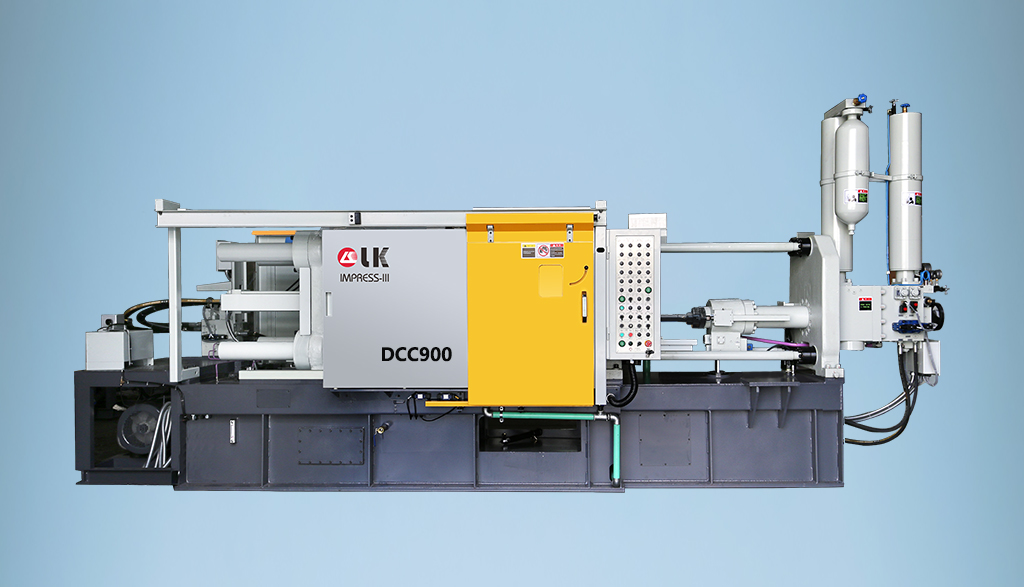
2024-09-19 14:16:15 LK Cold Chamber Die Casting Machine DCC900 Locking Force: 9000KN Die Height: 400-1000mm Space Between Tie Bars: 930x930mm Shot Weight: 13.5Kg Casting Area Max:2250c㎡
More -
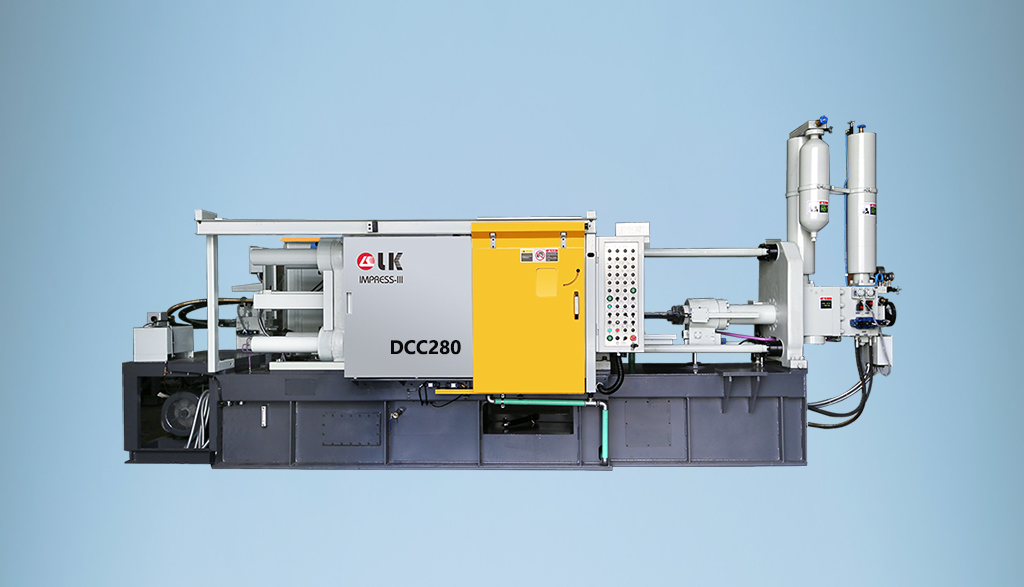
2024-09-19 14:11:06 LK Cold Chamber Die Casting Machine DCC280 Locking Force: 2800KN Die Height: 250-650mm Space Between Tie Bars: 560x560mm Shot Weight: 2.9Kg Casting Area Max:700c㎡
More -
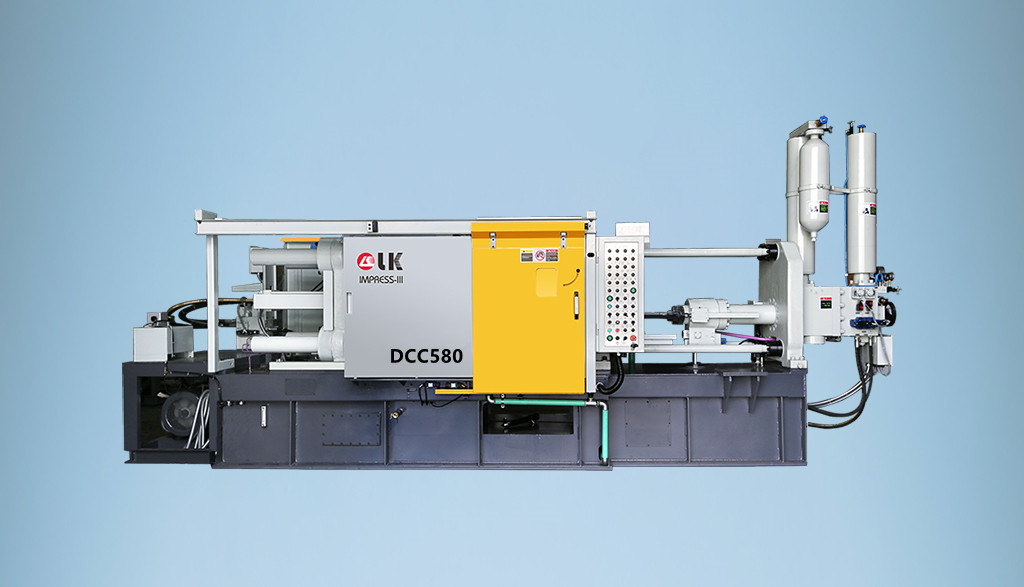
2024-09-19 10:23:07 LK Cold Chamber Die Casting Machine DCC580 Locking Force: 5000KN Die Heigh: 350-850mm Space Between Tie Bars: 760x760mm Shot Weight: 6.9Kg Casting Area Max:1250c㎡
More -
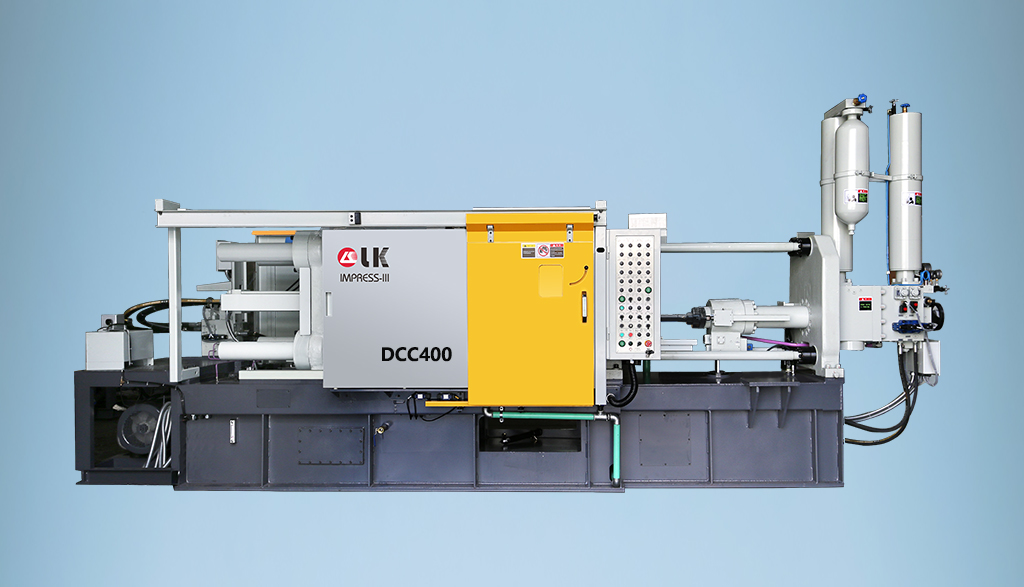
2024-09-19 10:11:20 LK Cold Chamber Die Casting Machine DCC400 Locking Force: 4000KN Die Height: 300-700mm Space Between Tie Bars: 669x669mm Shot Weight: 4.7Kg Casting Area Max:1000c㎡
More

